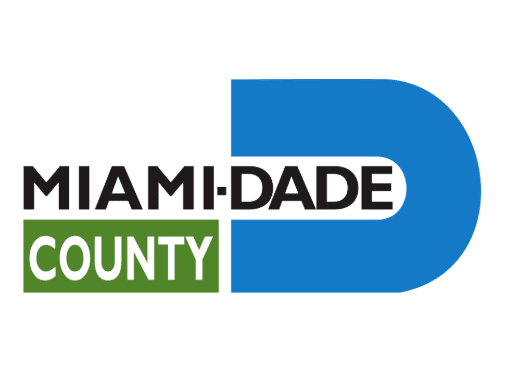 Let’s start admitting right off the bat one useful thing that has come out of this unsolicited bid.
Let’s start admitting right off the bat one useful thing that has come out of this unsolicited bid.
I refer to the idea that a monorail (see sketch) could be the ideal technology to join the mainland to South Beach.
It is really a no-brainer that an elevated, somewhat light rail system is needed and desirable to connect Downtown Miami to South Beach. Assuming that we now have a consensus that monorail is the way to go, that in itself is a good result.
Now let’s discuss the bad components of the unsolicited bid.
1) The worst aspect of it is the lack of transparency and the confusion that is created when one secret proposal is accepted and evaluated in the darkness of a county building; never mind that the process, chosen by the commission and recommended by the mayor, will seek to compare this secret bid with other presumably similar proposals. Even formulating that two-track approach (as we did for the courthouse) is fraught with confusion.
The general public and even the commissioners are not able to discuss or fully understand what is being formulated by way of a solicitation of bids. And there’s always the suspicion that the first one at the table has an advantage because the implication is that the generic request for bids is structured as a comparison between the unsolicited one and a potential universe of others.
2) Paramount in the idea of a foreign or domestic investor is that they get to control the fares that will be charged. Even at $150 million, they will want to get a return on their investment. For government, when it finances infrastructure with existing taxes, the return on our investment is the public use – preferably at zero fares, or close to zero – as is the case with Metromover and the trolleys. (Note that Metromover has reached 11 million passenger trips per year and the trolleys are approximating 15 million).
3) In this particular unsolicited bid there is talk of a land swap. While we’re not too sure what this entails, and we’re not too sure how much we can even talk about it, we’re pretty sure that it entails some waiver of the 2017 leasehold rent that Genting is under obligation to pay for the hotel that they are building using air rights on top of our bus station. This particular feature – whatever it is in precise terms – should be eliminated from the discussion altogether. We don’t need to engage in ANY land swap in order to obtain landing rights at the Genting property for the monorail. That is an automatic priority for them and for us.
That completes the Good and the Bad.
The Ugly is the possibility that a foreign government gets a beachhead (literally) in our fair city and uses grossly underpaid labor and stolen technology to underbid American companies.







Comments are closed.